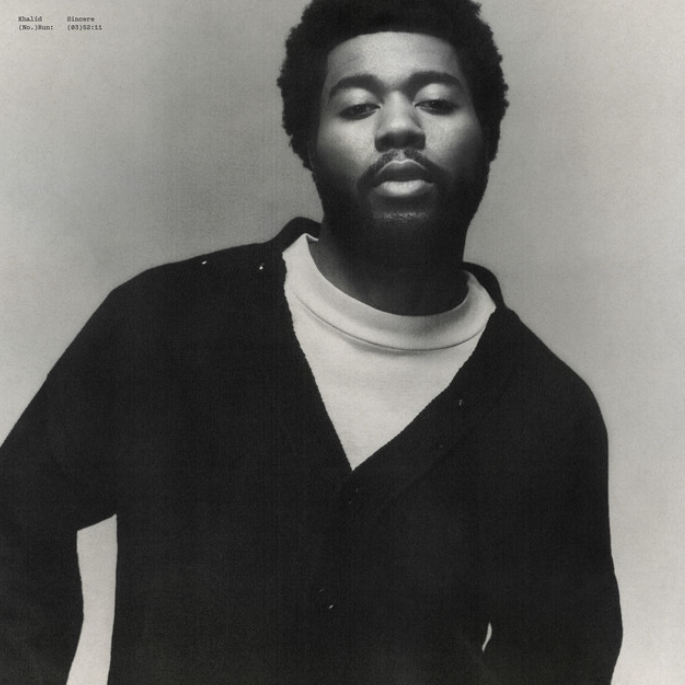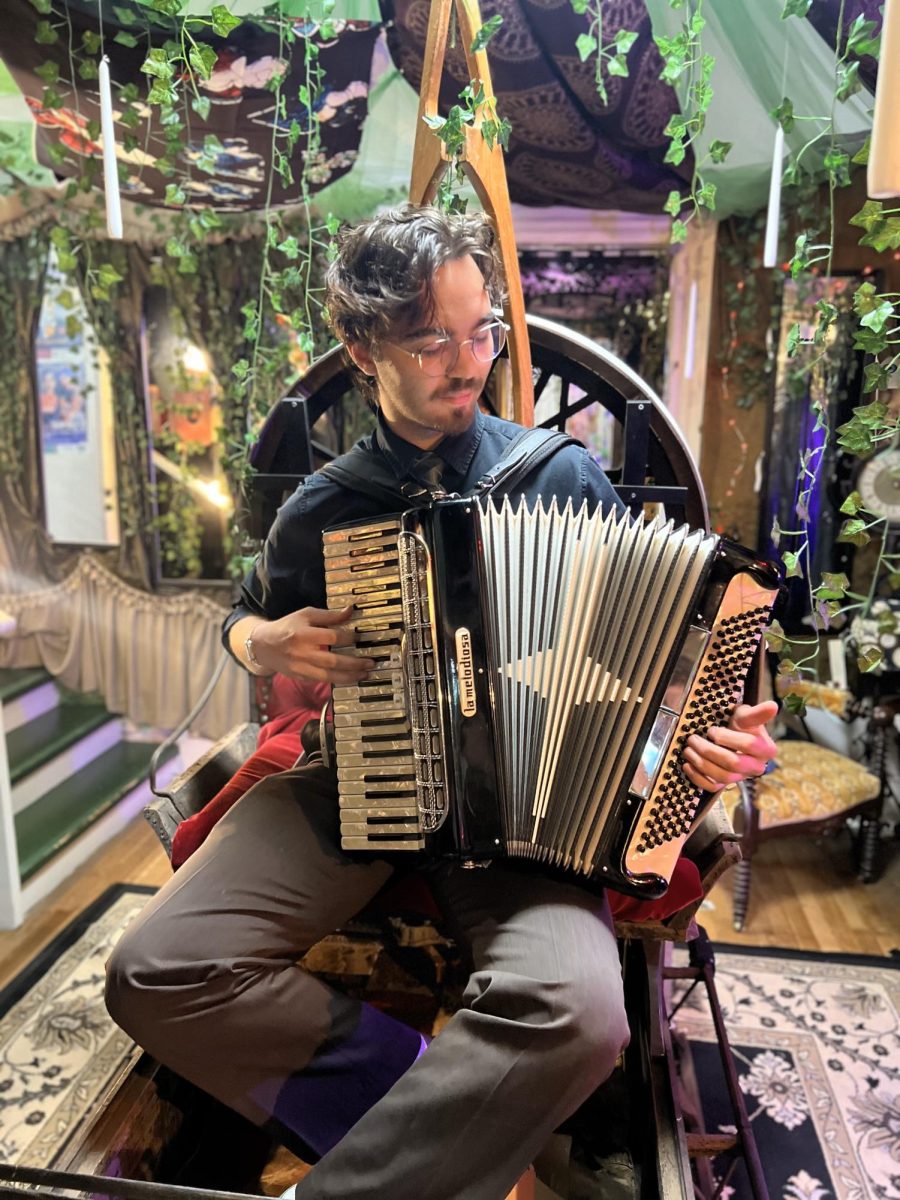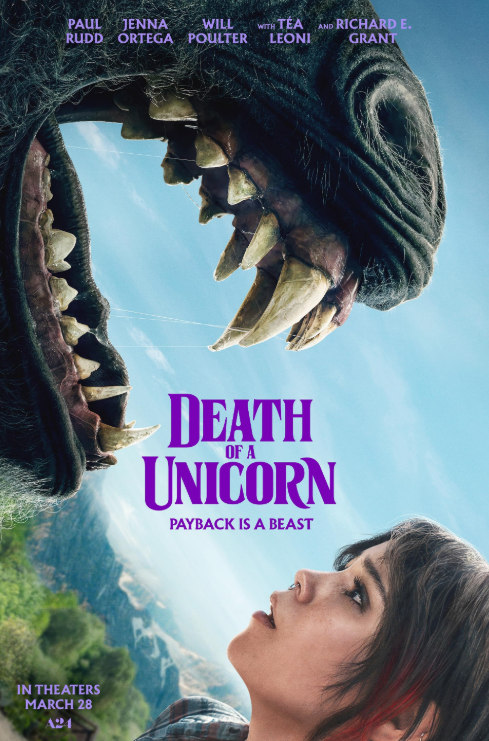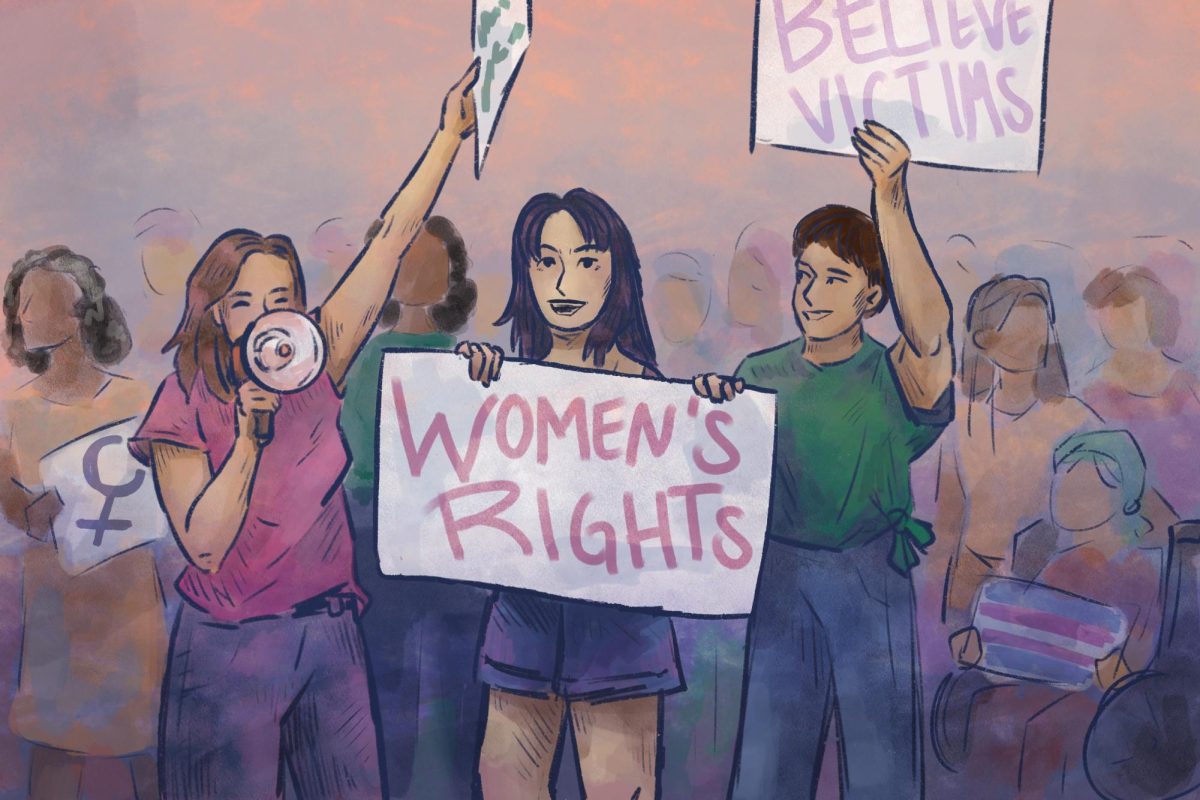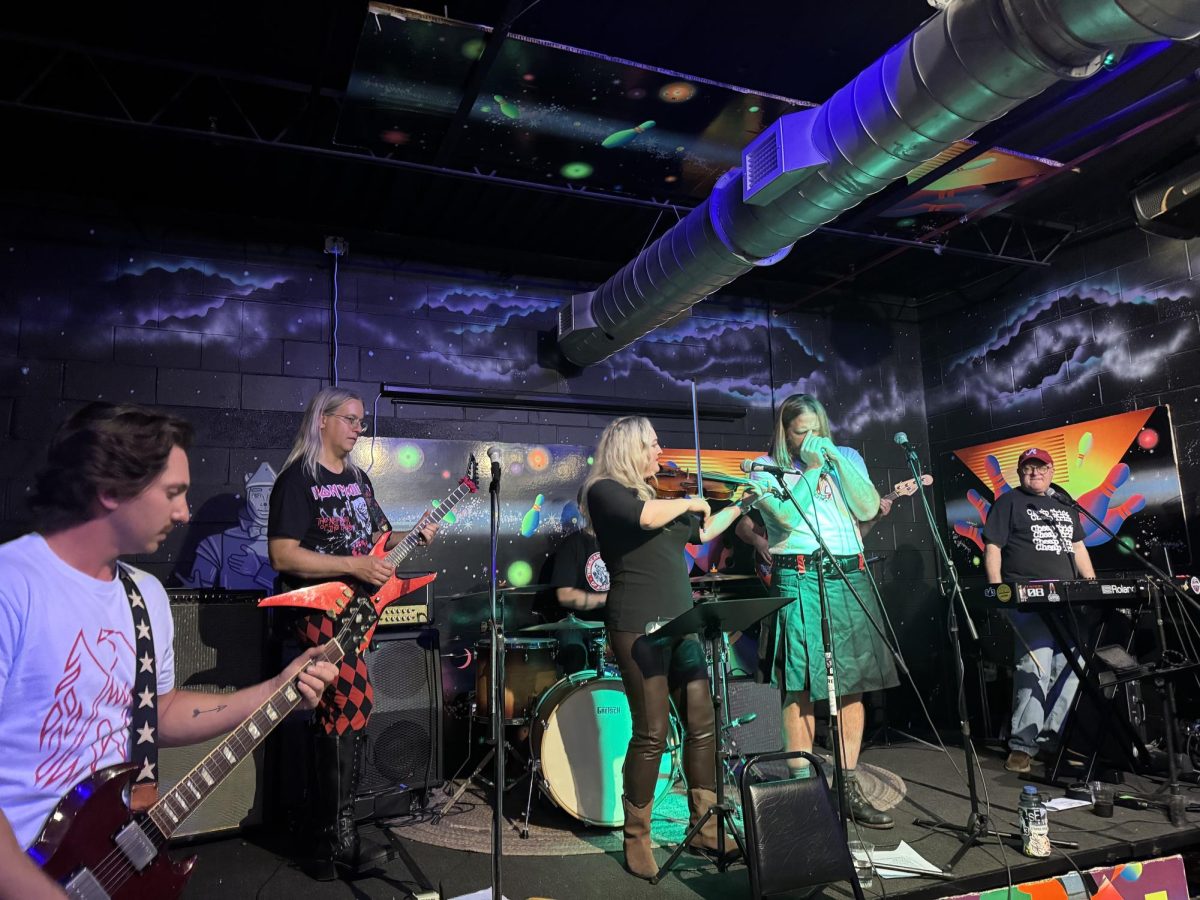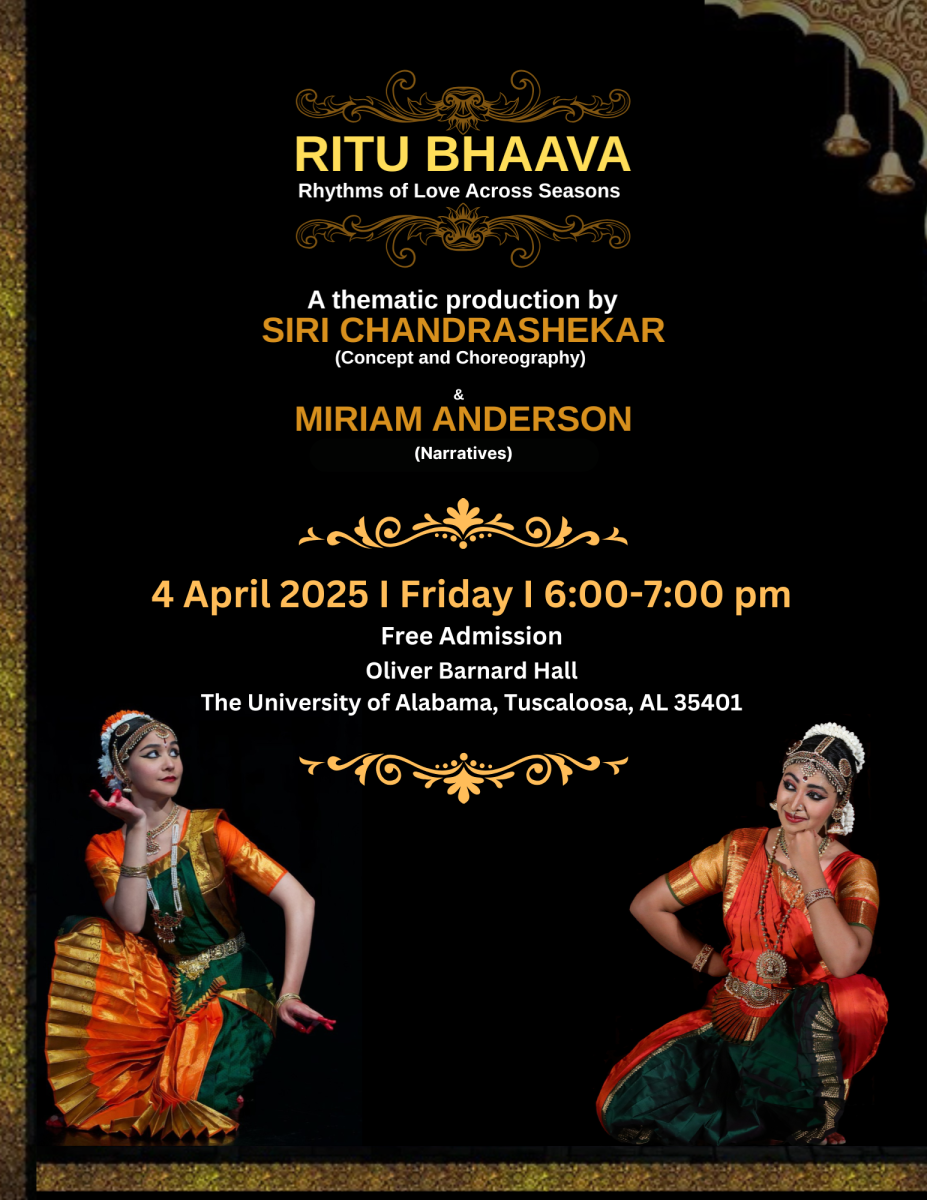Khalid, a singer-songwriter from El Paso, Texas, released his first studio album in five years, “Sincere,” on Friday. The 26-year-old modern R&B/pop star returned to the spotlight with an album more sophisticated than its predecessors but equally bland and devoid of character.
His 2017 debut album “American Teen” dealt with themes of modern teenage innocence, while the follow-up albums “Suncity” and “Free Spirit” served as reiterations of the generic pop music responsible for his popularity.
An interesting divergence from Khalid’s norm is the album cover. His discography typically features vibrant covers with aesthetics commonly associated with youthfulness, leisure and summertime.
“Sincere” disrupts the juvenile bliss linked to Khalid’s identity. The album cover is a grainy, black-and-white portrait of Khalid with a moody demeanor. Typically, portraits of this tone imply an album’s elevated sense of earnestness and solemnity, such as Tracy Chapman’s classic self-titled album from 1988 or Adele’s “21.” The cover of “Sincere” resembles memorable, emotionally dense albums, which implies a deep contrast from his usual high-spirited material.
Khalid has a knack for continuity on this album, but the 16-song tracklist sometimes sounds like an exhausted continuation of one underwhelming song.
The album begins with “Adore U,” a track that persistently invites Khalid’s unnamed lover to a smoke session. It strikes curiosity over whether the black-and-white album cover is less about seriousness and vulnerability and more the lack of color and remarkable qualities in the music that follows. If it’s an attempt to set the tone for the album, then it fails to grab the listener’s attention.
The second song, “Everything We See,” repeats the word “yeah” over 50 times, and it gets tiresome. If Khalid added one more post-chorus verse, Usher and Lil Jon could make a solid argument to gain songwriting credits. Even if the “yeah” repetition is slightly irritating, the catchy chorus hook and playful background vocals give the song some redeeming elements.
One of the album’s highlights is “Altitude,” a song with steady drum patterns and subtle piano riffs reminiscent of vacant midnight highways under ominous streetlights. This track’s redeemable qualities come from Khalid’s silky vocal performance, undistracted by flat songwriting.
A result of that flat songwriting is a pattern of confinement. Khalid’s confessional lyricism and restrained yet beautiful vocal performances fail to stand out like his risk-taking R&B contemporaries, such as SZA or Frank Ocean.
Despite any criticism, Khalid’s music is undeniably fit for Spotify editorial playlists. He does not challenge the listener by any means, making his music easy on the ears for a wide audience.
A prime example of the lack of nuance can be seen with “Dose,” which is a seemingly harmless song where Khalid observes the effects of drugs on those around him while he grapples with his own relationship with drugs. However, on-the-nose lines such as, “Searching for Nirvana in a crowded room,” and “Can’t tell what is real or what is fake / And they say drugs are not your friend” deprive the song of the nuance that usually accompany songs about drugs.
“Long Way Home” is a breath of fresh air, as Khalid avoids taking himself too seriously and continuing the album’s perpetual melodrama. “Heatstroke” capitalizes on this self-awareness, even if it feels contextually out-of-place and sounds almost identical to half of Post Malone’s radio hits.
Khalid concludes the album with the song “Decline.” He sounds his most genuine and allows his effortless vocals to flourish with grandiosity as he sings, “I thought we were fine ’til you hit decline when I called.” “Sincere” would be more impressive if the inspired authenticity of the closer extended into the first 15 tracks. After all, the most endearing quality of Khalid’s music is his exceptional vocal abilities.
The silver lining to Khalid’s music is that listeners do not expect him to release a monumental album of cultural significance. “Sincere” exercises lyrics that are obvious, and it lacks convincing emotions. It’s blanketed with a dark indistinct atmospheric contrasting Khalid’s classic chipperness.
Though the production is drab and washed out, it succeeds in reflecting Khalid’s glum attitude. However, the album overshadows this strength with cliche lyricism and unflattering production.



